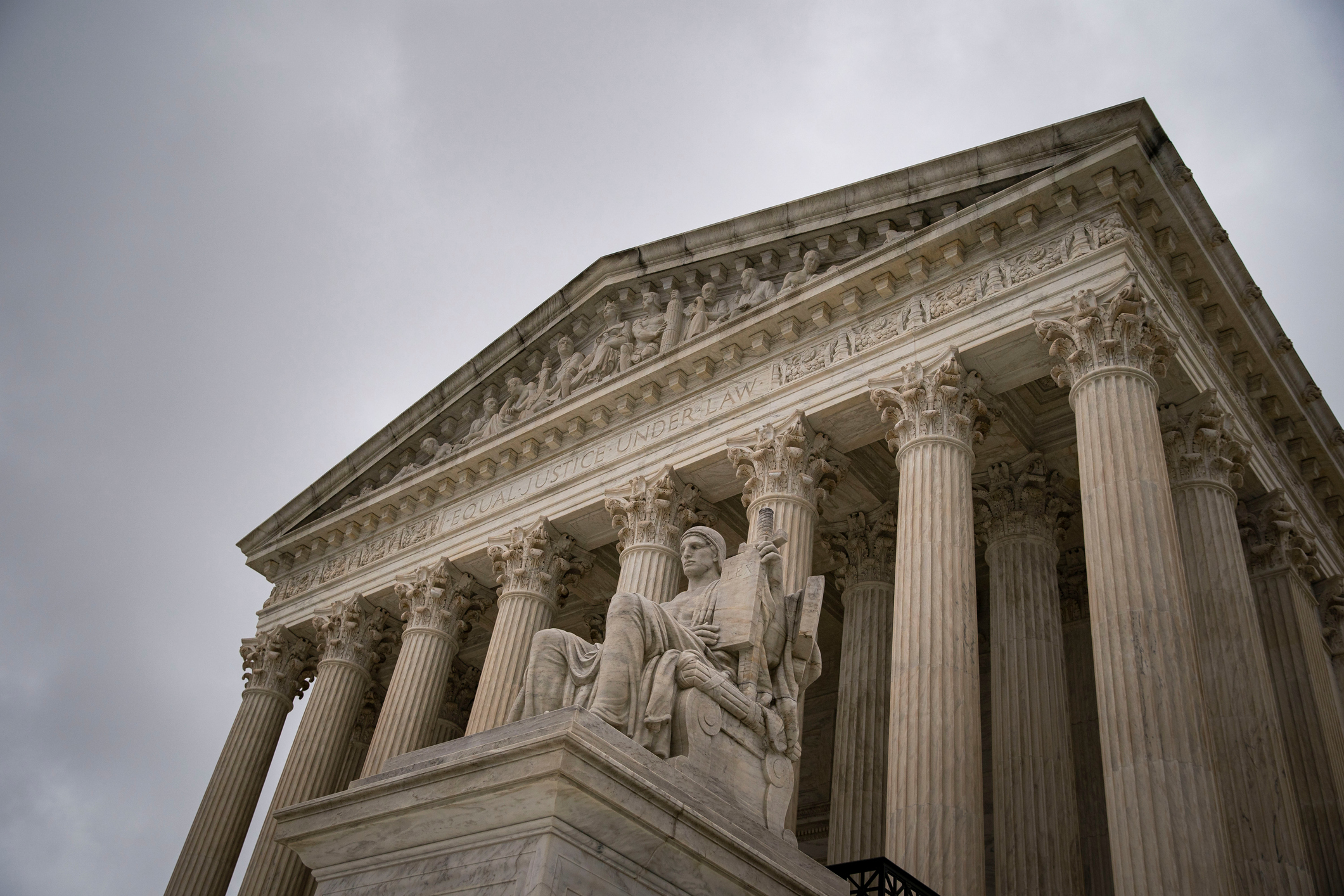Co-authored by: Amanda Karras, Executive Director/General Counsel, International Municipal Lawyers Association (IMLA)
This month, the Supreme Court issued a unanimous decision in Sheetz v. El Dorado County, which is a case involving government “Takings,” specifically ones that involve the government’s use of impact fees. Impact fees are typically a one-time payment that local governments levy on a property developer for new development projects. Municipalities use these fees to offset the financial impact that new development places on public infrastructure, such as roads and utilities.
In their ruling, the Court narrowly determined that legislatively enacted impact fees are not exempt from the requirements set forth in two previous property rights cases (Nollan v. California Coastal Commission and Dolan v. City of Tigard, Oregon). As such, local governments that impose impact fees will now be subjected to a standard requiring them to demonstrate the relationship and relative impact of the development on the community. Specifically, cities will have to show that conditions (impact fees) to obtain a land-use permit have an “essential nexus” (relationship) to the government’s land-use interest and a “rough proportionality” between the weight on the property owner and the development’s effects of the proposed land use.

This case involves the County of El Dorado’s traffic impact mitigation fee, which it adopted via the General Plan, to require new development to help finance the construction of new roads and widen existing roads. The amount of the fee is set by formula after the County conducted a nexus study and generally, the fee was based on the location of the project and the type of project. In assessing the fee, the County does not make any “individualized determinations” as to the nature and extent of the traffic impacts caused by a particular project on state and local roads.
A resident of the County applied for a building permit to construct a single-family home on his property, which the County agreed to issue on the condition that he pay the impact fee. The property owner paid the fee, and the permit was issued, but he then challenged the fee as invalid under the Takings Clause of the Fifth Amendment. He argued that the fee was an unconstitutional condition under Nollan and Dolan as the County did not make an individualized determination that an “essential nexus” and “rough proportionality” existed between the traffic impacts caused by his project and the need for improvements to state/local roads.

The California Court of Appeals held that the Nollan and Dolan “essential nexus” and “rough proportionality” tests do not apply to legislative exactions that are generally applicable to a broad class of property owners like the one at issue in this case, so the impact fee was constitutional. However, in a 9-0 decision authored by Justice Barrett, the Supreme Court reversed that decision, concluding that “[t]he Takings Clause does not distinguish between legislative and administrative permit conditions.” The Court reasoned that the text, history, and precedent support its conclusion that legislatures are not exempt from the Takings Clause. And because the Takings Clause applies equally to legislators and administrators, it “prohibits legislatures and agencies alike from imposing unconstitutional conditions on land-use permits.” The Court found that when a building permit is conditioned on something unrelated to the land-use interest, then the tests set forth in Nollan and Dolan will apply.
What Does This Mean for Local Governments and Their Ability to Issue Impact Fees?
The Court’s decision is narrow and does not prevent local governments from enacting reasonable permitting conditions. The Court’s decision offers a silver lining as the justices ruled just on the issue of whether legislatively enacted fees were subject to the heightened scrutiny tests required under the referenced precedents.
Importantly, that means the decision does not prevent local governments from enacting reasonable permitting conditions, including impact fees, via legislation.
However, given this recent decision, local governments will now want to ensure that all such legislatively imposed impact fees comply with Nollan and Dolan’s requirements.

Local governments may face challenges, and lower courts may rule on other issues raised in the case. Because of this ruling, local governments may now expect challenges by litigants on the local government’s impact fees to ensure compliance with the Nollan and Dolan requirements. Lower courts will also be ruling on the other issues that were raised in the case, including “whether a permit condition imposed on a class of properties must be tailored with the same degree of specificity as a permit condition that targets a particular development.” Local governments that are in jurisdictions allowing for the collection of impact fees will want to advocate for positions that do not require individualized inquiries into these legislatively enacted fees.
Read the Amicus Brief
The Local Government Legal Center filed an amicus brief joined by NLC, IMLA, the National Association of Counties (NACo), and the Government Finance Officers Association (GFOA).









